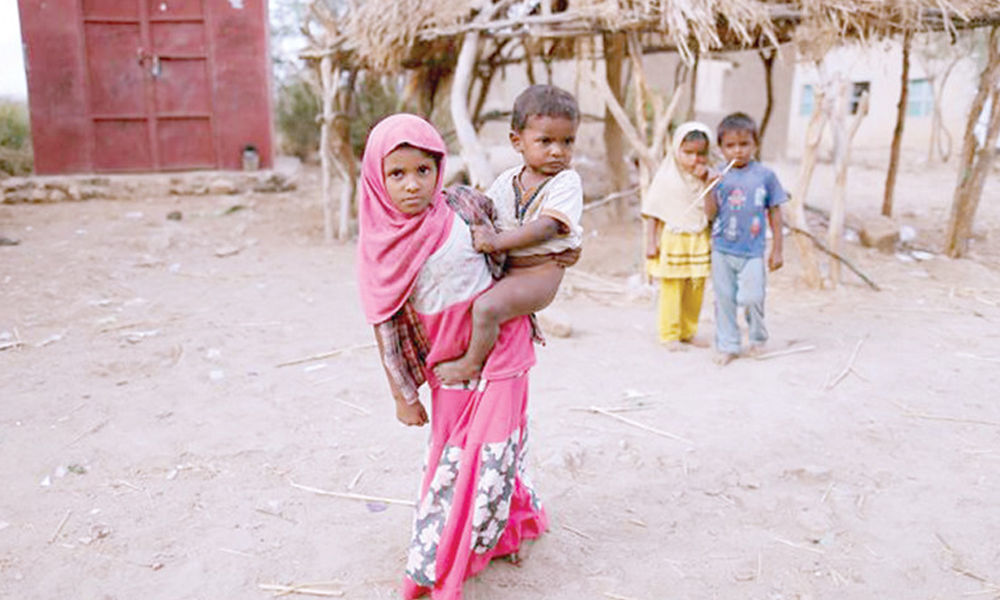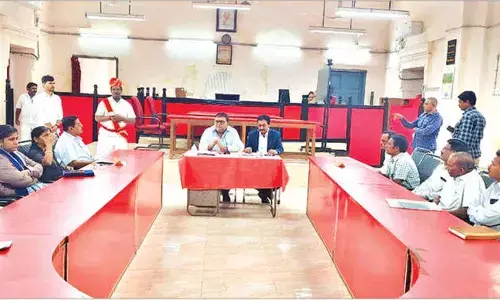Hunger stalks Yemen's remote villages after four years of war

As Yeman's war grinds into its fifth year with peace efforts stalling, ten-year-old Afaf's father sees little hope he will be able to give his starving daughter the food or healthcare she needs
As Yeman's war grinds into its fifth year with peace efforts stalling, ten-year-old Afaf's father sees little hope he will be able to give his starving daughter the food or healthcare she needs.
Across Yemen's remote mountain villages, the country's war-induced economic crisis has left parents like Hussein Abdu destitute, hungry and watching their children waste away from malnutrition and unclean water.
"Before the war we managed to get food because prices were acceptable and there was work," 40-year-old Abdu said from al-Jaraib, a small agricultural village in the hills of Hajjah province in northwest Yemen.
"Now they have increased significantly and we rely on yoghurt and bread for nutrition."
Four years of conflict have pushed Yemen, which was already one of the poorest Arab States, to the brink of famine. War has cut transport routes for aid, fuel and food, reduced imports and caused severe inflation.
Households have lost their incomes because public sector wages are not being paid and conflict has forced people from their homes and jobs. The United Nations says about 80 percent of the population needs some form of humanitarian assistance and two-thirds of all districts in the country are in a 'pre-famine' State.
Afaf, who now weighs around 11 kg (24 lb) and is described by her doctor as 'skin and bones', has been left acutely malnourished by a limited diet during her growing years and suffering from hepatitis, likely caused by infected water.
She left school two years ago because she got too weak. "The meaning of being full is not what it was before the war... If I see some scraps of food are left, I get up so that the children will not be hungry.
I can bear the hunger, but they can't," said Abdu, who lost one of his two wives, Afaf's mother, earlier this year to tuberculosis. With no other source of income to support his second wife and six children, he herds other people's sheep and takes payment in milk products.




















